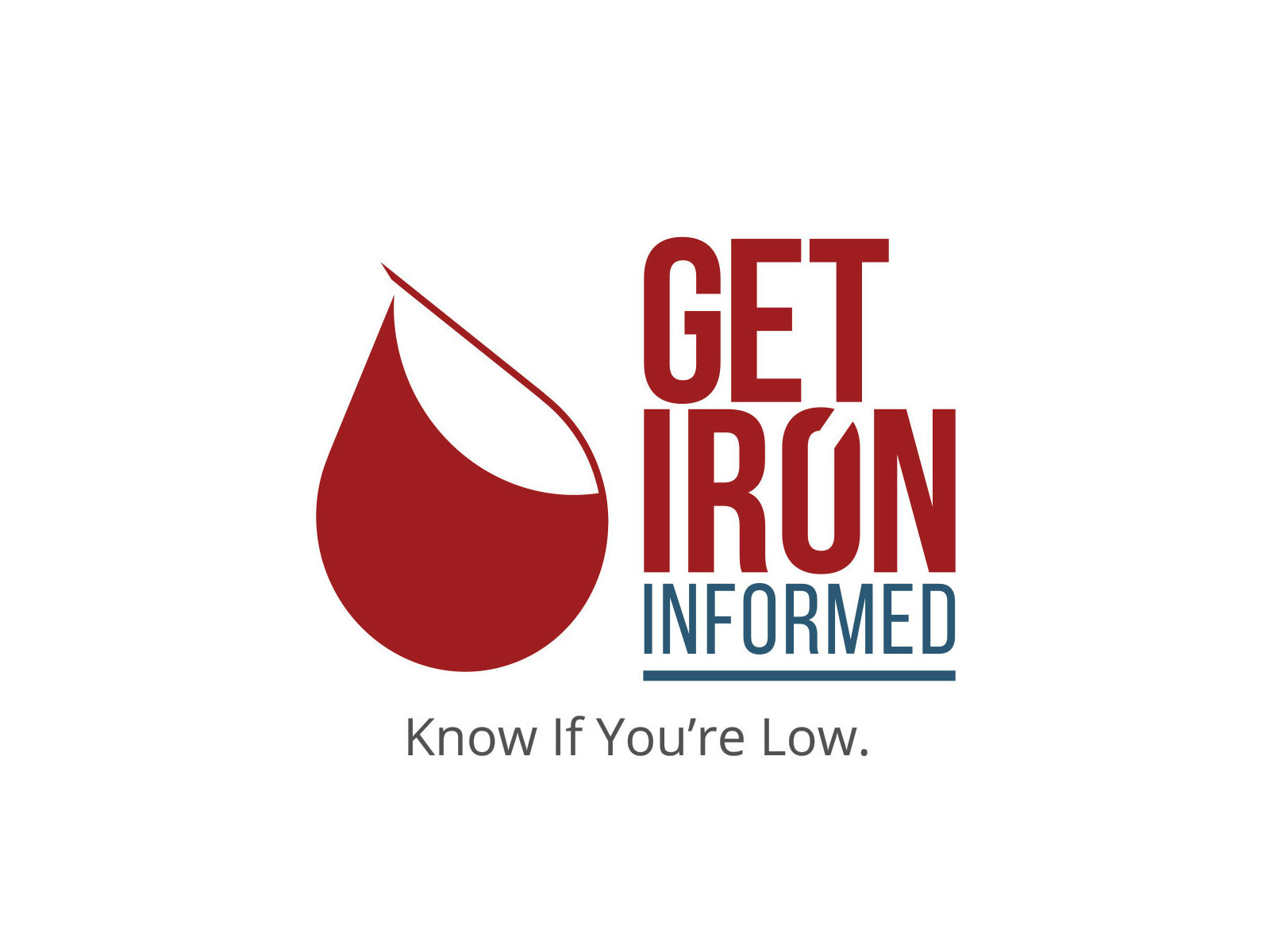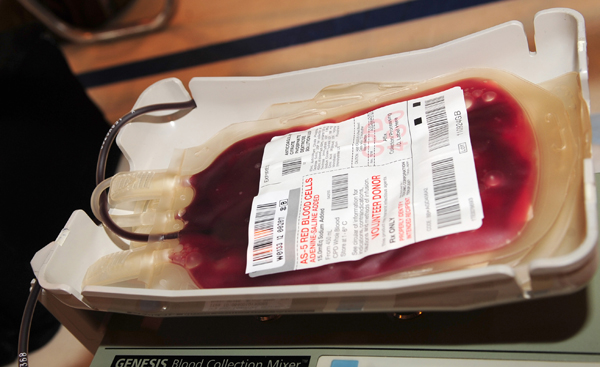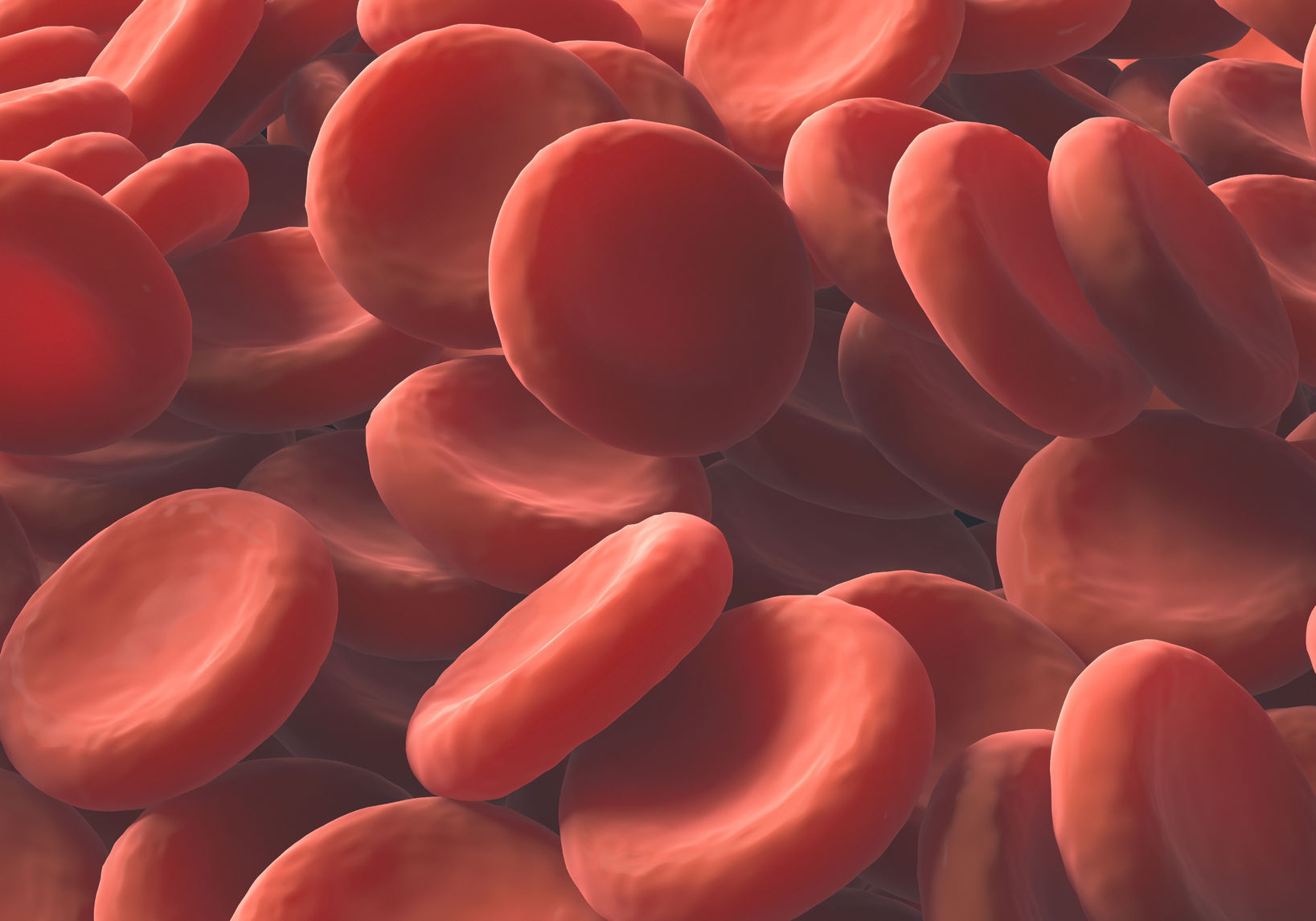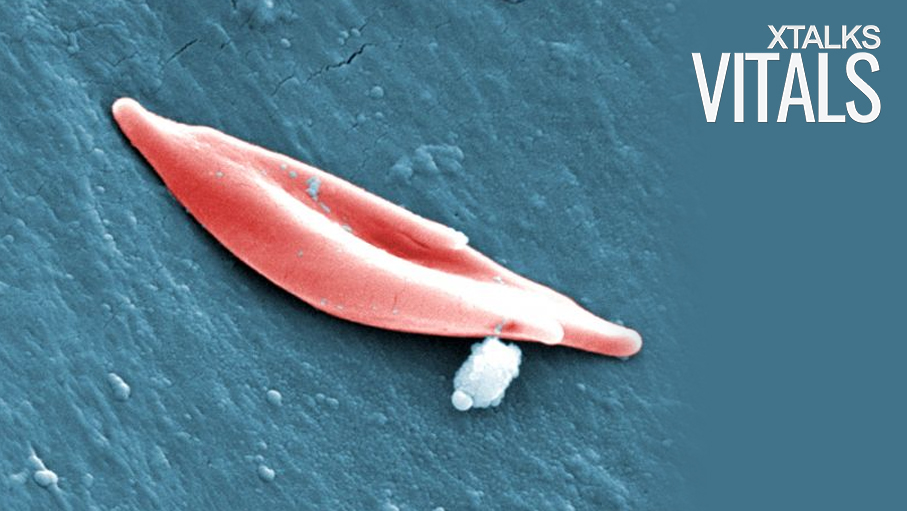Celgene and its partner Acceleron have released more positive results from its Phase III clinical development program for luspatercept, a drug designed to treat patients with transfusion-dependent beta-thalassemia. The BELIEVE trial met its primary and secondary endpoints, the most important of which was the reduction in red blood cell transfusion burden by at least 33 percent.
“For decades, the management of beta-thalassemia in adults has been limited to transfusions and iron chelation,” said Dr. Jay Backstrom, Chief Medical Officer for Celgene. “Reduction of transfusion burden represents an important step forward for patients with this rare and debilitating blood disease.”
Luspatercept belongs to a new class of drugs known as erythroid maturation agents which are designed to promote late-stage development of red blood cells. Since patients with the blood disorder beta-thalassemia have a reduced ability to produce hemoglobin and functional red blood cells themselves leading to anemia, the hope is that luspatercept can help these patients produce more erythrocytes to reduce their dependence on blood transfusions.
The BELIEVE trial was designed to study both the safety and efficacy of luspatercept combined with best supportive care for beta-thalassemia compared to placebo plus care. Patients given luspatercept in the BELIEVE trial showed a reduction of at least two units of blood between weeks 14 and 24 of treatment.
In addition, the drug met its secondary endpoints of reducing red blood cell transfusion burden by 33 percent between weeks 37 and 48, and achieving a reduction of 50 percent between weeks 13 and 24 as well as weeks 37 to 48.
“The BELIEVE study marks the second positive phase III study for luspatercept and underscores the potential of this erythroid maturation agent to impact a range of diseases associated with chronic anemia,” said Habib Dable, President and Chief Executive Officer of Acceleron. “We continue to explore luspatercept across our broader development programs, including non-transfusion dependent beta-thalassemia in the ongoing BEYOND study.”
This is the second win for Celgene and Acceleron in the development of luspatercept as the partners recently released data of their Phase III MEDALIST study in patients with myelodysplastic syndromes. The patient population included in this study were those who are unable to be treated using an erythropoietin-stimulating agent (ESA) and had a type of anemia known as ring sideroblast-positive type in which the blood cells produced by the bone marrow cannot make use of the available iron. These factors mean the patients require frequent transfusions in order to manage their condition.
According to Celgene, the companies will likely apply for FDA and EMA approval of luspatercept in early 2019. Full data from both the BELIEVE and MEDALIST trials is set to be presented at a future medical conference.












Join or login to leave a comment
JOIN LOGIN